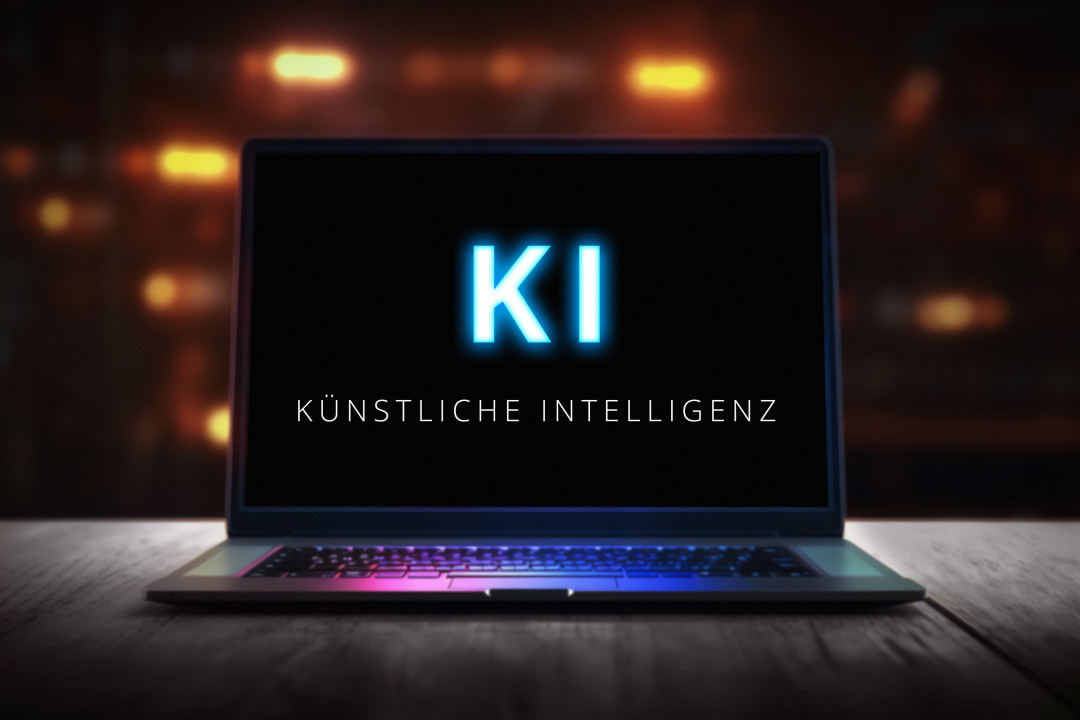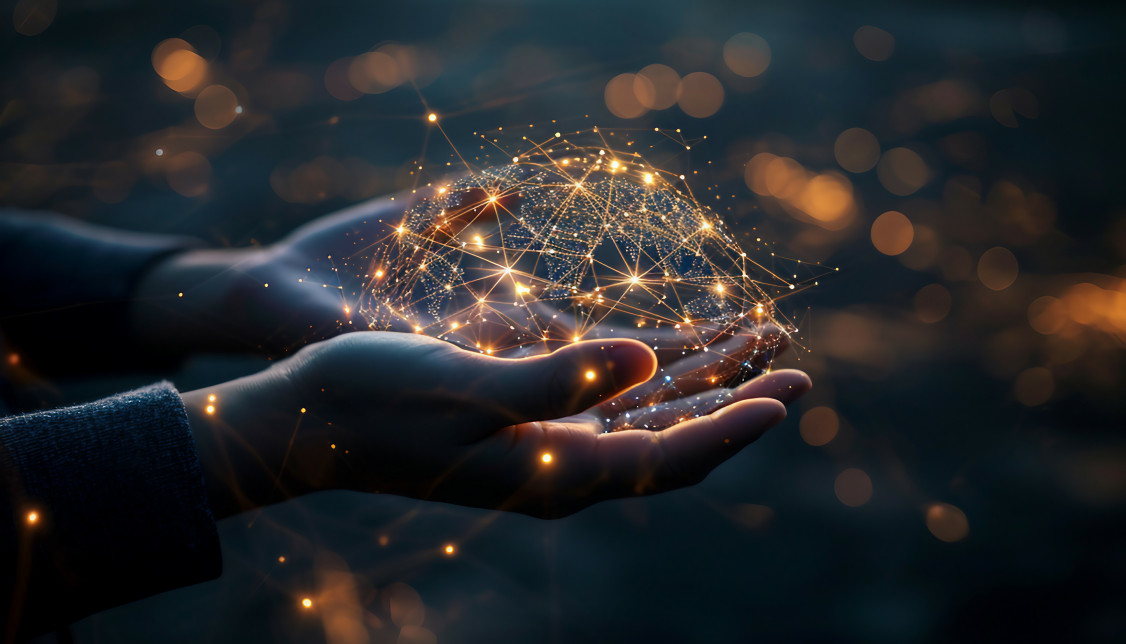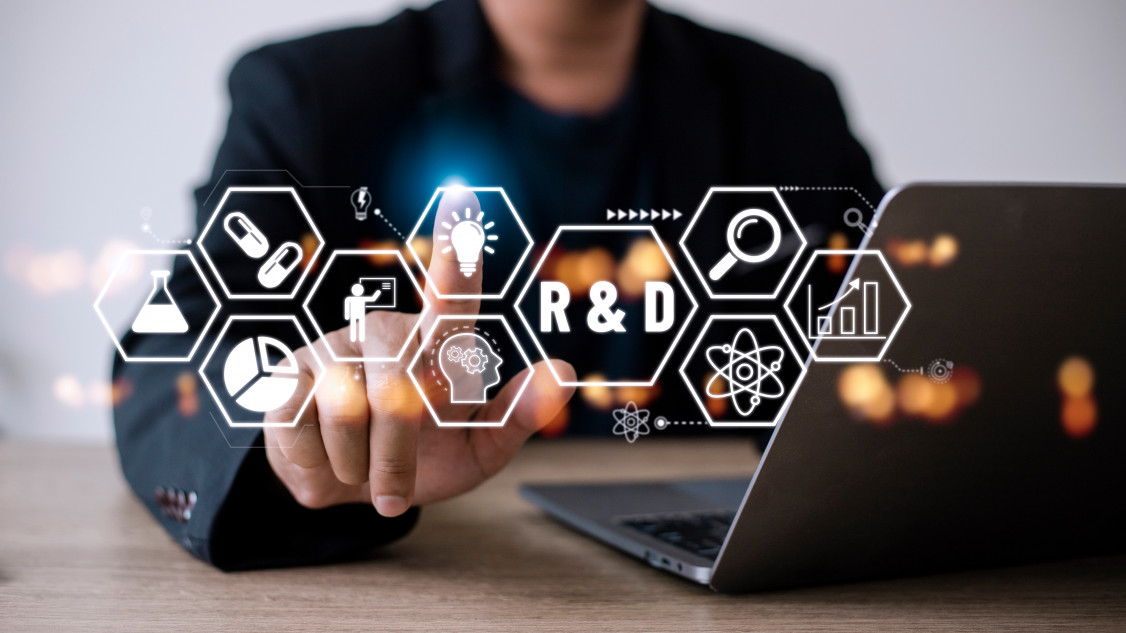
Artificial intelligence, or AI for short, is currently on everyone's lips. Some experts even go so far as to claim that this technology will have a transformative effect similar to that of the industrial revolution around two centuries ago. New programmes that are able to analyse problems and find solutions at a speed that far exceeds human capabilities are coming onto the market every day. While humans need hours or even days to complete a complex task, AI-based systems can do it in fractions of the time and possibly even achieve better results. Platforms such as ‘ChatGPT’ and ‘SORA’ are coming up with innovative and surprising results, be it in the generation of texts or the creation of moving images.
In the world of industry, increasing efforts are also being made to utilise the potential of artificial intelligence. According to a survey conducted in 2023, around three quarters of companies are planning to utilise this innovative technology profitably by 2027. With the help of mathematical algorithms, it is possible to analyse extensive data sets, identify complex patterns and decipher the resulting correlations - tasks that even a specialist would find difficult to grasp or even evaluate. And sometimes you simply don't have enough employees or there is simply no time to tackle such tasks manually. However, if this is successful, then valuable information can be gained to improve processes and products. Higher quality and fewer errors thanks to learning systems would be a real game changer.

If you look at the processes in a foundry, you come across some very complex interrelationships. Whether it is the metallurgy of the molten metal or the moulding process, a large number of parameters significantly influence the quality and properties of the end product. An ideal playing field for the AI tool, which is why FONDIUM is working intensively on this topic. We are currently involved in a total of two research projects in these fields. The ‘ReGAIN’ project is looking at how data can be collected, analysed and used to improve casting quality in foundry operations. In another project, the ‘Deep Carbon Planner’, the HTWG Konstanz is working on reducing our CO2 emissions with the help of AI.
But we are also testing new and innovative AI tools outside of research. The aim here is to automate and speed up labour-intensive and repetitive activities in the office as much as possible. This reduces the workload for employees and allows them to concentrate on more creative and interesting tasks. One example is the quick analysis of the usually extensive customer documents. Hasn't this particular enquiry been made before? Has anything changed in the new technical drawings or specifications? These questions are of crucial importance to us and at the same time take up a considerable amount of time.

Is everything already working smoothly with artificial intelligence? Honest answer: No, not always. The road to the ‘AI foundry’ is no walk in the park. HI - human intelligence - still plays the most important role. There are also still numerous challenges to overcome and issues to clarify, particularly in the area of data security. But the development of this technology is progressing at a breathtaking pace and we are keen to participate and learn. The future has never been so fascinating and the AI revolution has only just begun!
Guido Rau
Head of Research & Development

